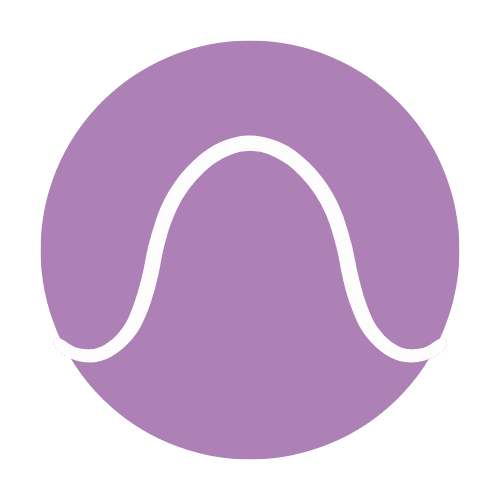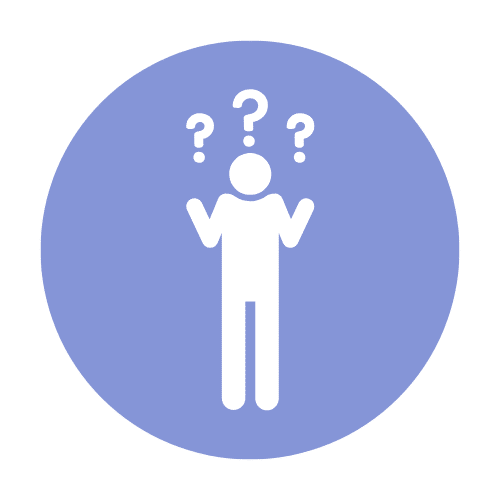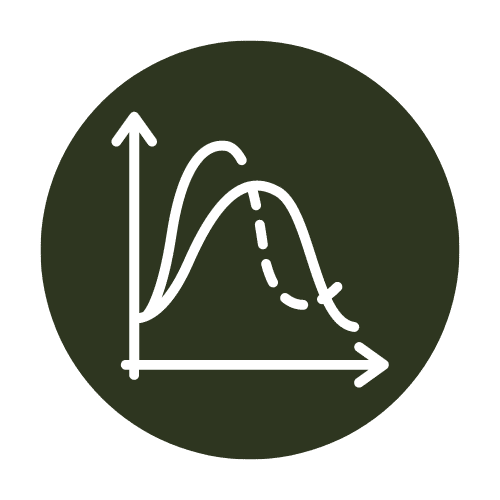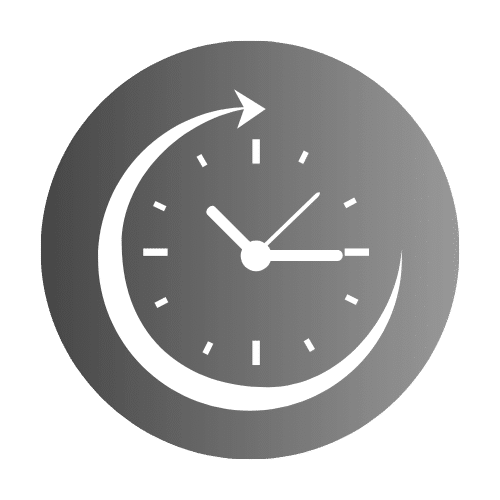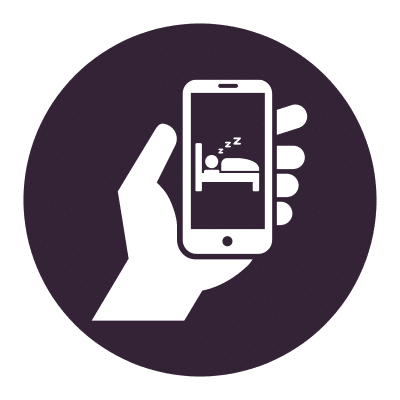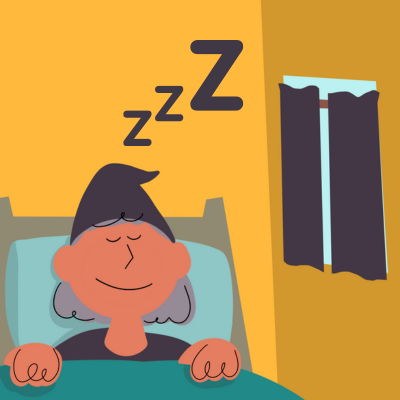Let’s say I want to boost circadian amplitude as much as I can. What light/dark schedule should I put myself on? This is a very tough question to answer experimentally, given how many possible light/dark schedules there are (infinite) and how expensive experiments like this can be (near infinite). But mathematical modeling can give us […]
Circadian Rhythms Have an Understandability Problem
“If you want to become an earlier chronotype, get more zeitgeber during your phase advance region and less zeitgeber during your phase delay region.” My head is in my hands. At parties, if no one stops me, I will often rant about math’s UI/UX problem. Listen, I say. We just casually drop that sin-1(x) is […]
Measuring Circadian Amplitude
This blog is the spiritual sequel to our last blog post on ways of measuring sleep regularity. Unlike the last one, though, which was based on an excellent review article, this post is Olivia’s off-the-cuff (and extremely wonkish) thoughts on the topic of circadian amplitude. There’s a reason for a lack of formality, though, which […]
Time is Literally a Whole Other Dimension: How Chronomedicine will Revolutionize Healthcare
Recall, if you will, that elementary school classic, “Guess How Many Beans Are In The Jar.” Over the years, I’ve guessed at many beans in many jars, but none sticks with me like the first: Halloween, 1998. I was dressed as the Mona Lisa. The jar was filled with jelly beans. I counted all the […]
What a Sleep and Circadian Digital Twin Can Do For You
Like anyone talking about anything, I tune my content to the audience. When I talk about our tech to travelers, I tell them our apps can help them get over jet lag faster. When I talk about our tech to shift workers, I highlight how we can help them sleep more and get them to […]
What we talk about when we talk about chronomedicine
I was reading this article on circadian variation in immune response a couple of weeks ago when I came across this quote, seemingly engineered in a lab to get my adrenaline pumping: “McKeating [says] that when she thinks back to the long line of failed vaccines in this field, she wonders whether timing may have […]
What is circadian sleep sufficiency?
Here’s a weird thing about shift workers: Their sleep duration doesn’t always predict how sleepy they feel. Which is weird because… shouldn’t it? After all, somebody who sleeps for a longer period of time should feel less sleepy than someone who sleeps only for a short period of time, right? This paradox isn’t actually that […]
Visualizing MESA: Part 2
We’ve already looked at the Multi-Ethnic Study of Atherosclerosis (MESA) dataset—an absolute treasure trove of sleep data, available from the NSRR at sleepdata.org—once, through the lens of sleep duration. But what about other dimensions of sleep health? After all, sleep regularity may be just as important as sleep duration in a number of contexts. We […]
Visualizing MESA, pt. 1
One of the things we’re interested in as scientists is what longitudinal, large-scale data collection can tell us about sleep. Along those lines, one of our research projects involves looking at how models of circadian rhythms, as well as different sleep regularity metrics, can help us understand different outcomes for different folks. And as part […]
Scientific Tests
Algorithms are really easy to mess up. Take your pick for how: overfitting to training data, having bad training data, having too little training data, encoding human bias from your training data in the model and calling it “objective”. Feeding in new data that’s in the wrong format. Typos, subtle typos, nightmarishly subtle typos. Your […]

